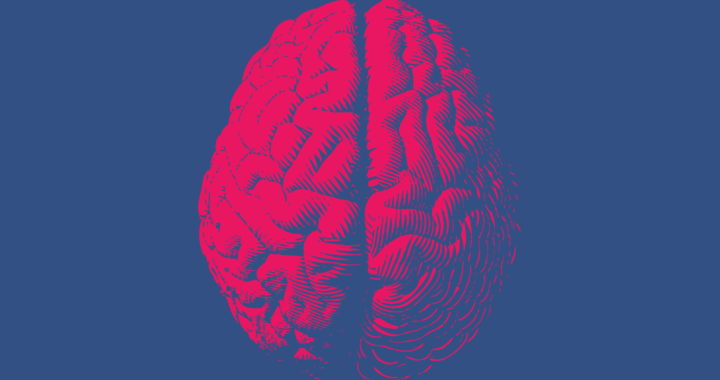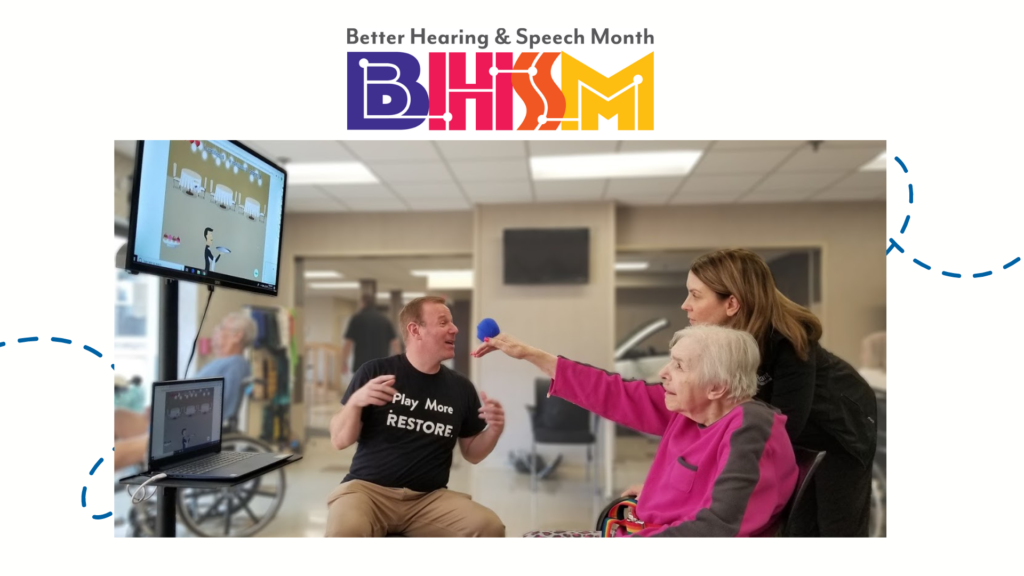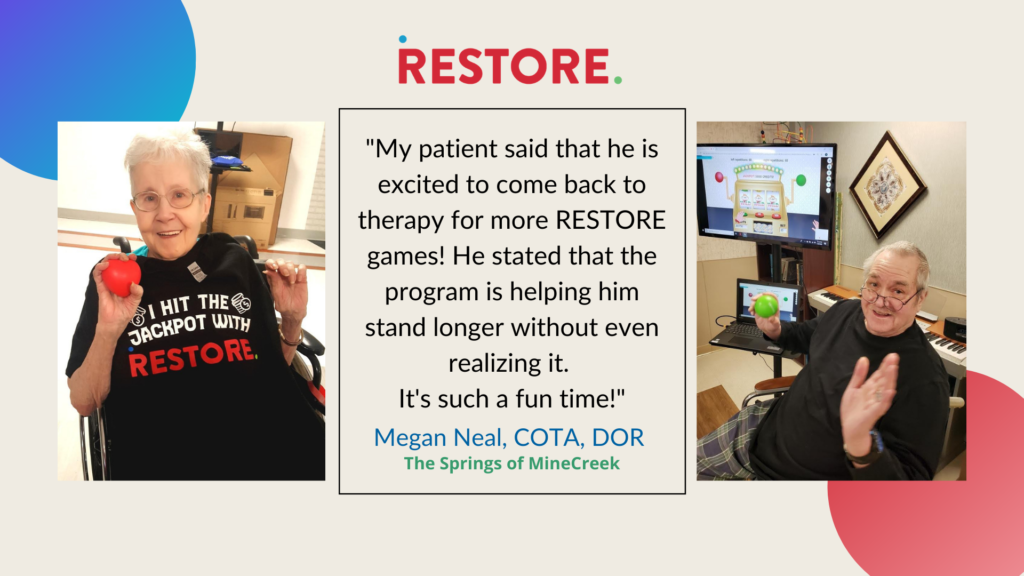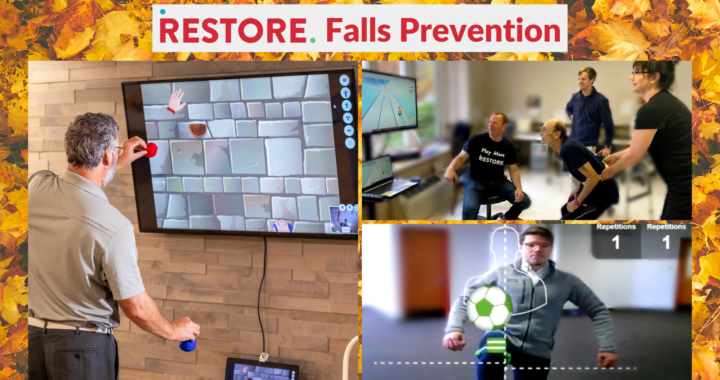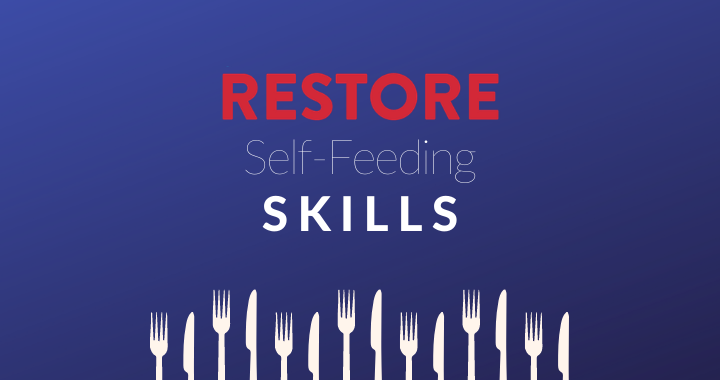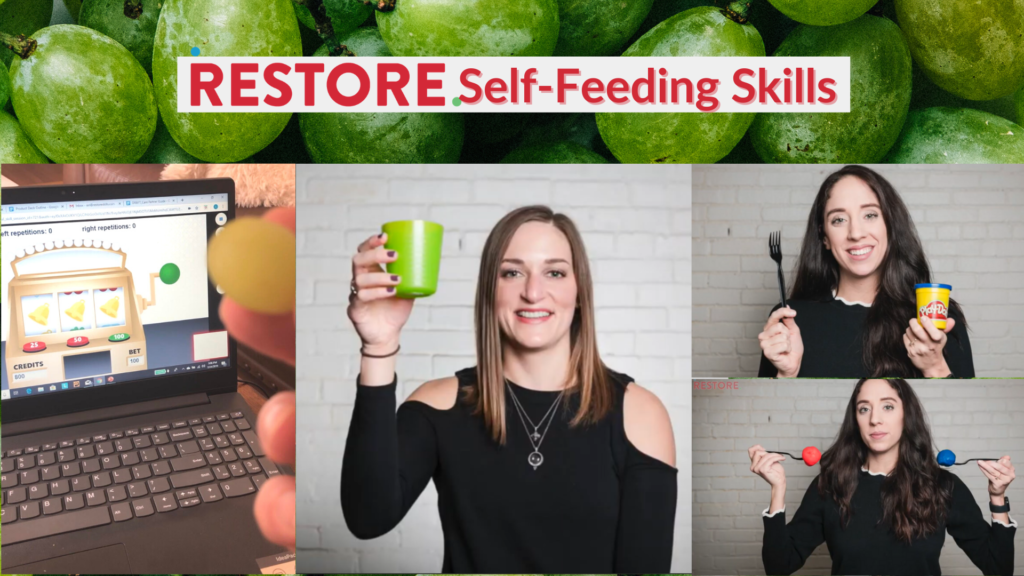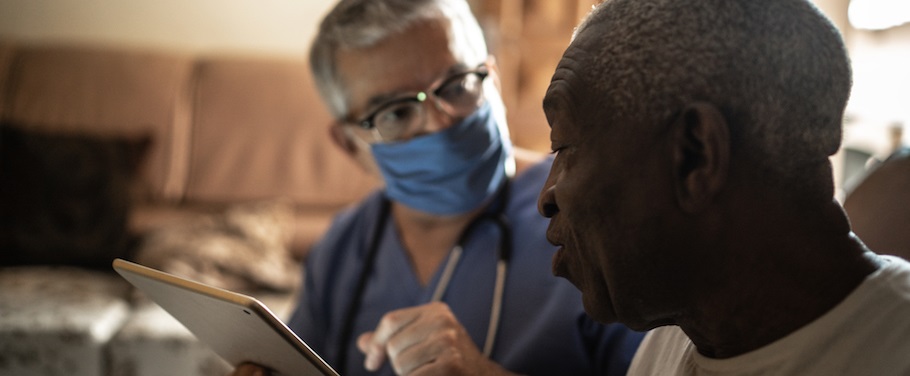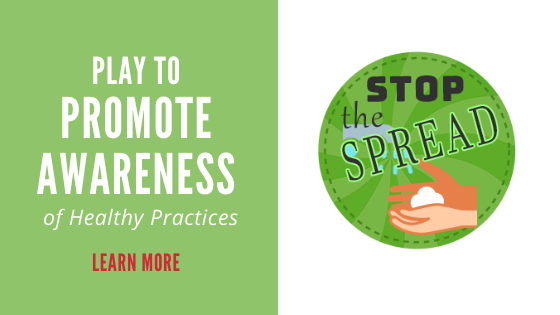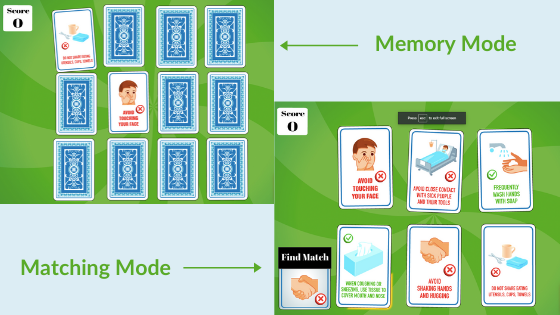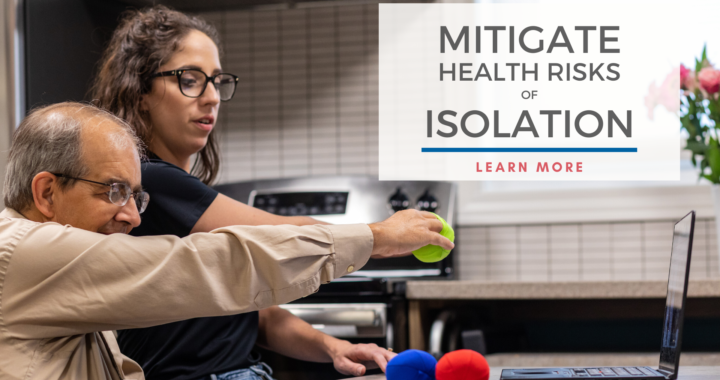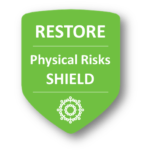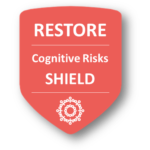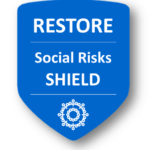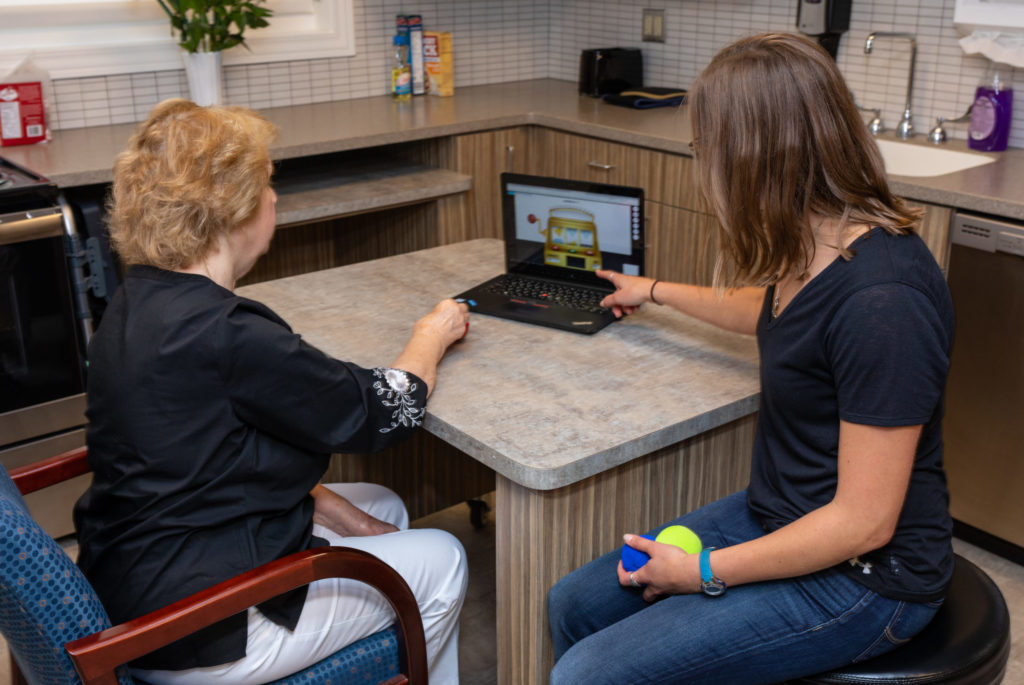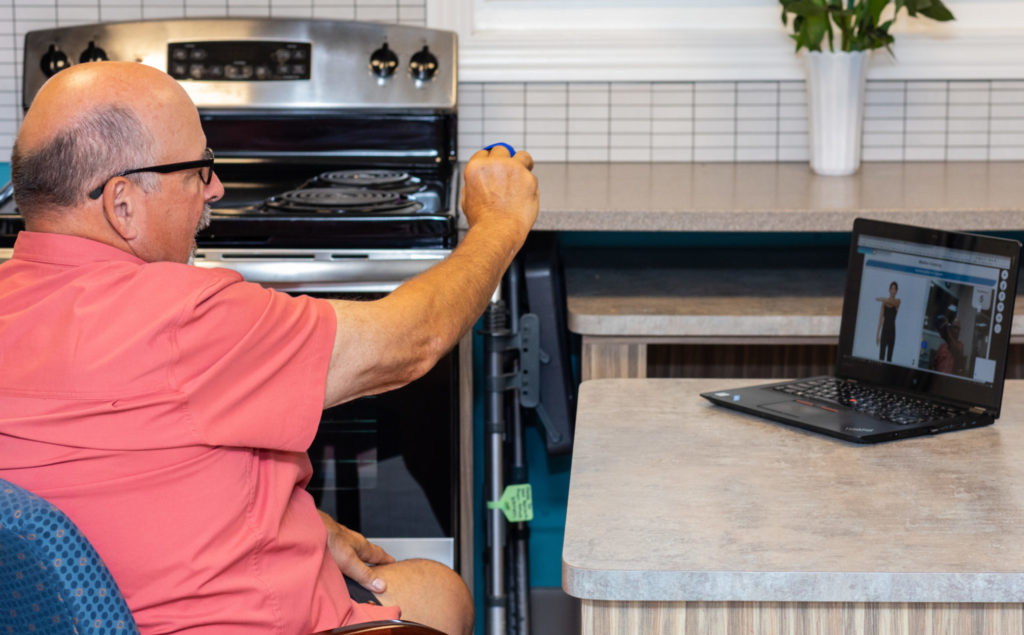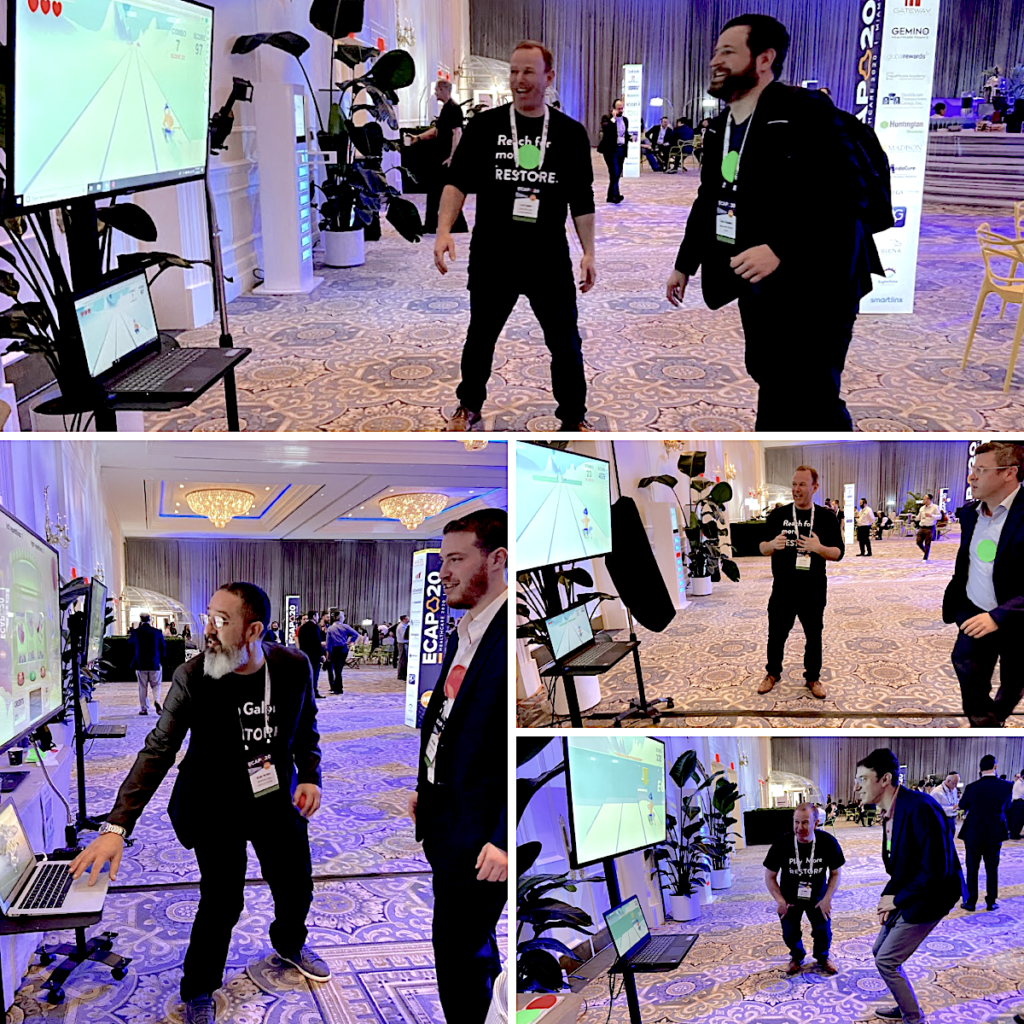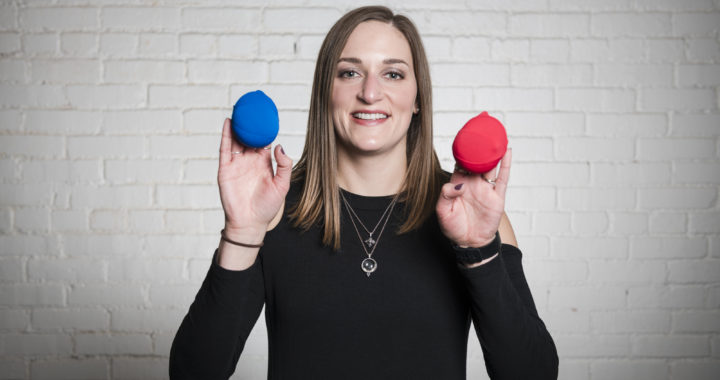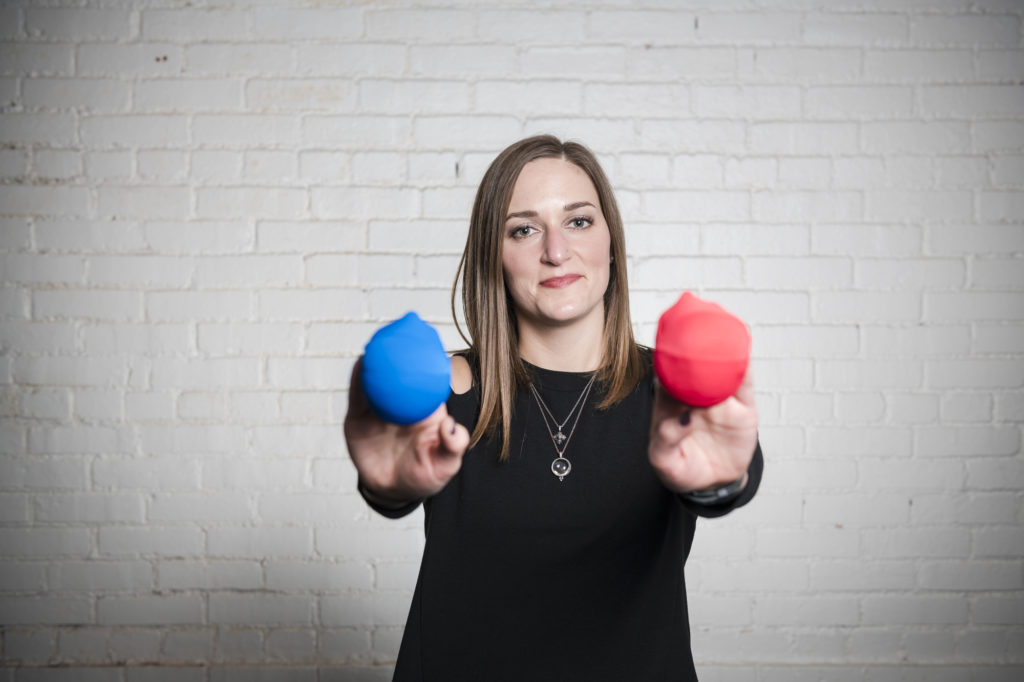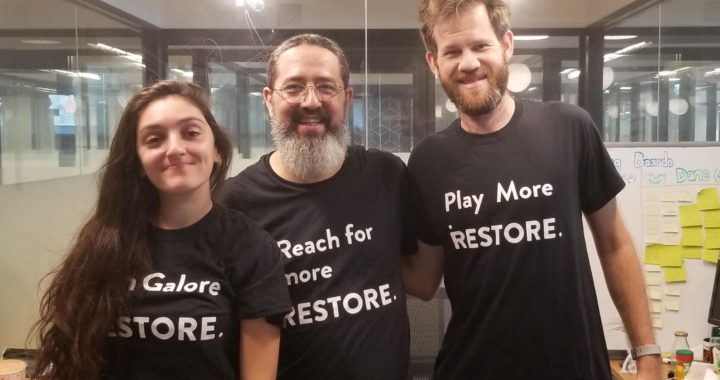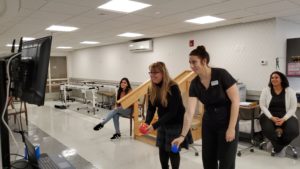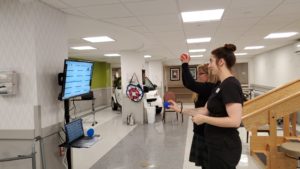How RESTORE can help clinicians accelerate and optimize outcomes with stroke and brain injury patients:
RESTORE-Skills’ therapeutic gamification platform comprehensively supports clinicians by targeting the functional deficits and underlying neurological impairments most commonly presented by stroke and brain injury patients. Using a laptop or mobile device, therapists can quickly access and customize over 200 games and activities targeting the physical, cognitive, and life-readiness skills necessary to accelerate and optimize clinical outcomes.
Patients move more, stand longer, and refuse treatment less by combining skill-building with fun activities based on their personal interests such as skiing in a world-cup race, pulling a slot machine handle, flying a plane, or practicing their medication management. Every game has settings that can be adjusted to ensure the player can experience success, even if it’s their first time video gaming. A patient’s family members and friends can be invited to remotely join a therapy session via a user-friendly, video-conferencing experience to see their loved one, offer encouragement, and add motivation by playing along all from the safety of their own home.
"I feel the games have helped me to improve the movement and coordination in my arm. I'm right-handed so it's important I regain as much as I can to get back to what I used to do. My favorite game is Plinko. I use my left hand to support my right arm in getting the chips to the top of the board. We had a tournament last week and I actually got the best score on one of the days. It was a lot of fun!"
Video games are most successful when they are easy to access, easy to learn, and easy to use.
The game must also be gradable, or adaptable to an individual’s ability. The more relatable and meaningful the games are to the individual, the more the patient is excited to use the program. When players (patients) are having fun & engaged they focus less on targeted skills and more on the game. RESTORE-Skills makes rehabilitation more fun, stretching patients’ abilities playfully and diverting their attention away from discomfort, anxiety, or frustration.
